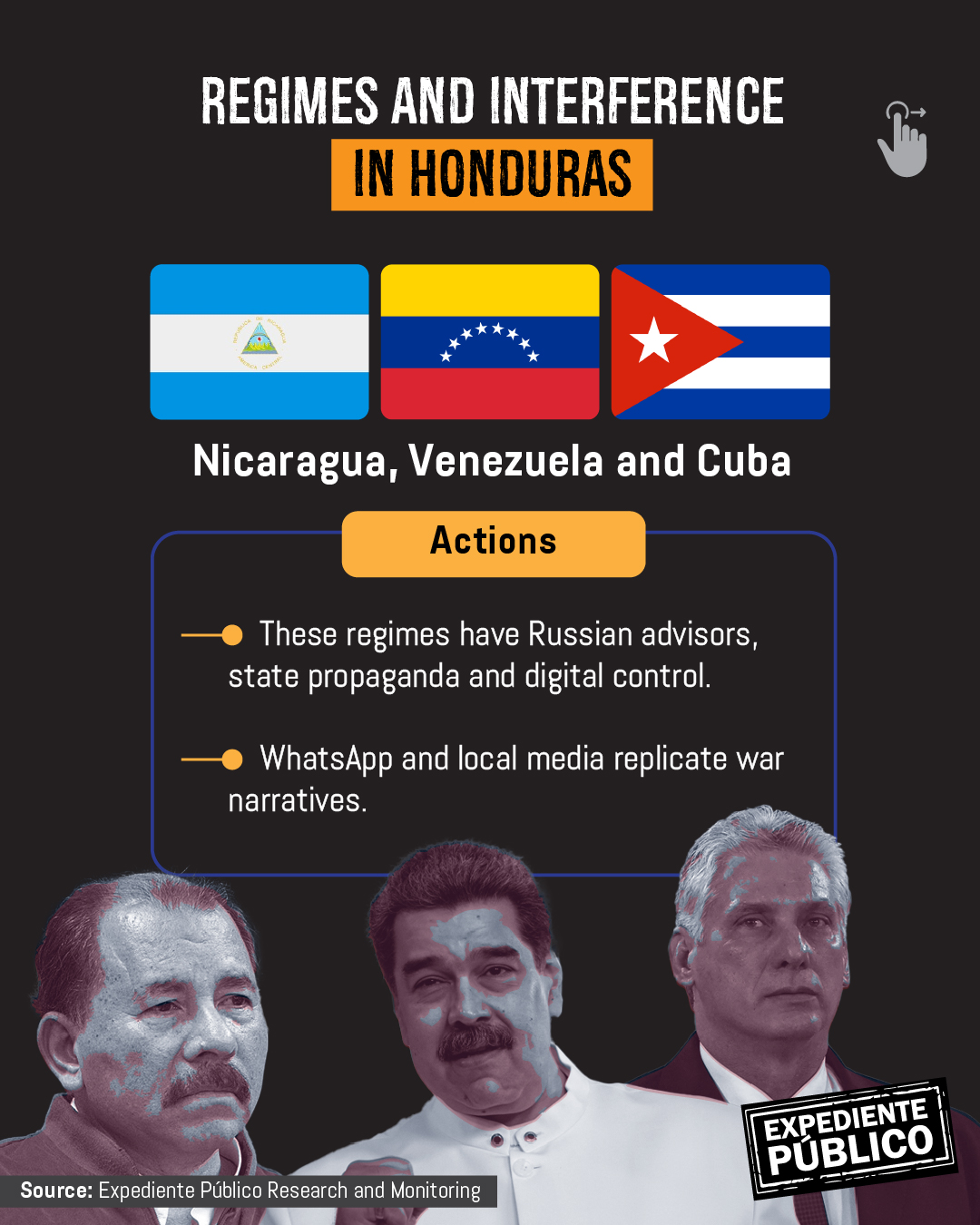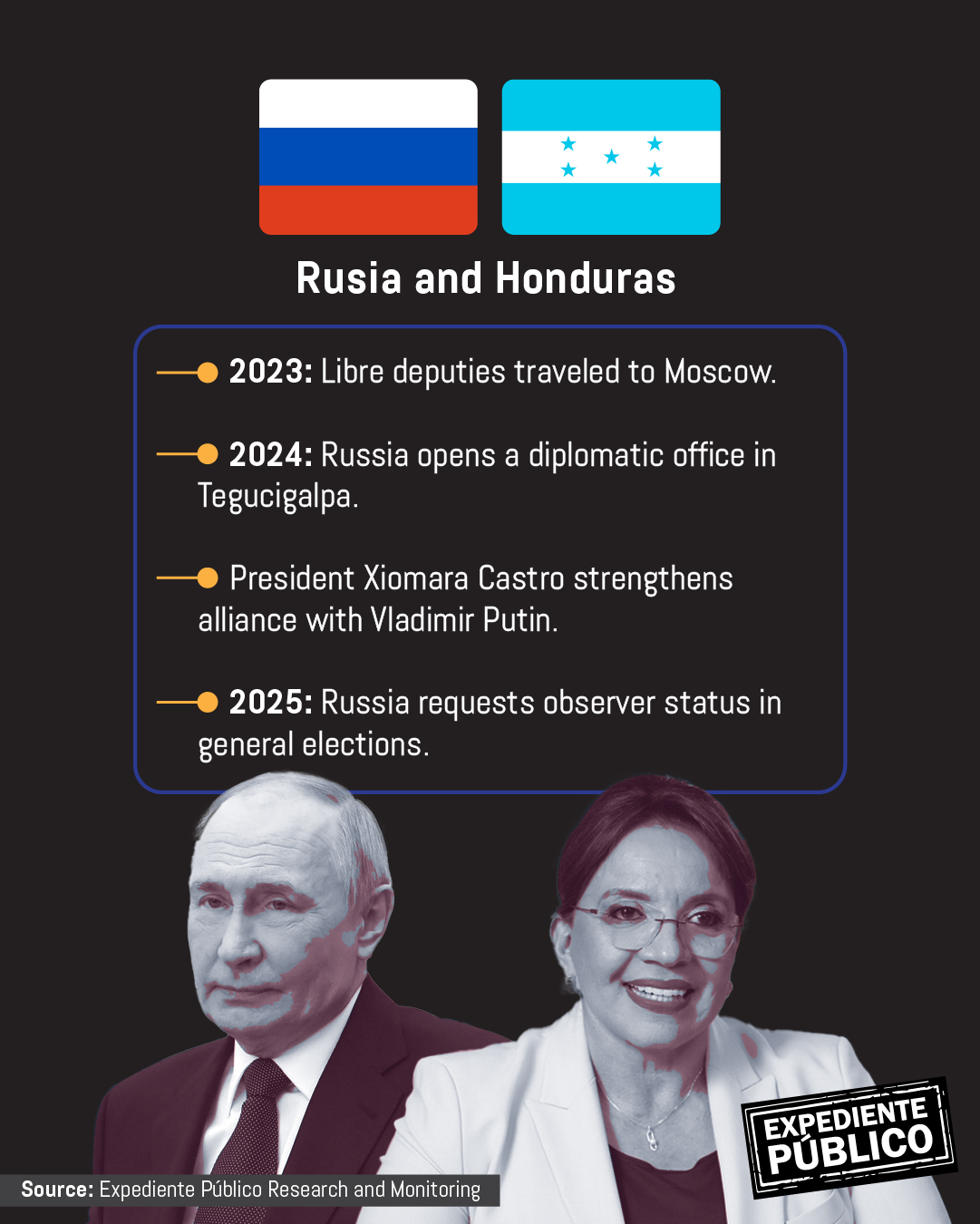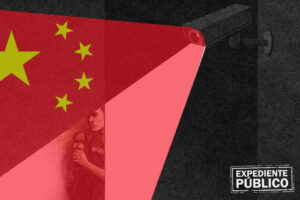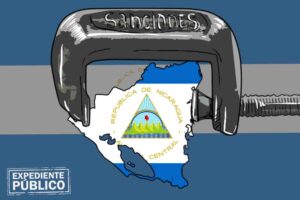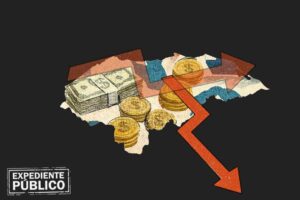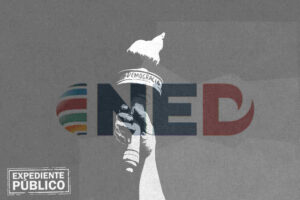* Eight foreign figures associated with authoritarian regimes and propaganda networks have penetrated Honduras’ media, political, and electoral apparatus.
** Through awards, consultancies, diplomatic missions, and digital propaganda, they insert themselves into the pre-election environment without transparency or oversight.
Yarely Madrid / Expediente Público
A network of international figures aligned with 21st-century socialism acts as a bloc of influence in the Honduran electoral process. The network has ties to the Russian, Chinese, and Venezuelan regimes and use digital channels, state consultancies, and ideological forums to spread their messages.
Expediente Público identified eight individuals who have been working for Xiomara Castro’s government since the beginning of her term in 2022 and are now promoting the ruling party’s candidate, Rixi Moncada.
They are Pablo Iglesias from Spain, Inna Afinogenova from Russia, former Ecuadorian president Rafael Correa, Venezuelan consultant Jorge Ladera, and four advisors to Venezuelan dictator Nicolás Maduro (Luis Salas Rodríguez, Francisco Ameliach, Jorge Rodríguez Gómez, and Rander Peña).
Subscribe to the Expediente Público newsletter and receive more information
The Maduro regimes’ four operators reportedly arrived in Honduras last July aboard a private jet. Expediente Público confirmed that this aircraft came from Caracas. It was not a flight from the United States transporting migrants, as Honduran authorities claimed at the time.
Pablo Iglesias’ propaganda
Spanish politician Pablo Iglesias Turrión is the coordinator of Canal Red and Diario Red, digital media outlets created two years ago that, in addition to disseminating their own content, rebroadcast productions from the Chinese state channel CGTN. Both media outlets have promoted Rixi Moncada as the undisputed favorite in the elections.
In an article two weeks ago, they claimed that Moncada had 50% of the vote. Three days later, they predicted in another article that Xiomara Castro would most likely hand over the presidential sash to Moncada.
The presidential candidates are engaged in an all-out poll war. Each one publishes studies that place them as the first choice. One of the most reliable polls is that of CID Gallup, published on September 30. It placed Salvador Nasralla (Liberal Party) at 27%, Moncada at 26%, and Nasry Asfura (National Party) at 24%.
Pablo Iglesias is co-founder of the Spanish party Podemos, accused by Spanish authorities of receiving US$4.5 million from Hugo Chávez’s government between 2008 and 2010. This led to legal proceedings that were eventually dismissed.
Iglesias was the host of Fort Apache, a program on HispanTV (Iranian television), where he invited Kremlin defenders and critics of the United States and NATO. He was also a contributor to Russia Today (RT), a media outlet financed by the Russian state.
Spain’s Central Unit for Economic and Fiscal Crime (Udef) revealed that Pablo Iglesias’s production company, Producciones con Mano Izquierda ( ), had received €1 million from a bank in Moscow in 2012. This case was also dismissed.
Iglesias is a long-time supporter of Manuela Zelaya Rosales. In 2009, he rejected the coup d’état on social media with this message: «Honduras Resists.»
In January of this year, the vice president of the Honduran National Congress, Rasel Tomé, sent a greeting to Iglesias via a video posted on his social media accounts. «We are very happy that you are coming with your Canal Red for Latin America to fight against the far right,» he said.
Five months after that message, Iglesias received the «Martyrs of the Resistance» award from Xiomara Castro.
Read: Nicolás Maduro deepens war rhetoric on social media alongside Cuba and Nicaragua
A month later, in June, he met with the Honduran ambassador to Spain, Marlon Breve. In the photograph, both are holding the book «El golpe 28J» (The 28J Coup) by Manuel Zelaya Rosales.
In an interview with Expediente Público, Spanish journalist Marc Marginedas—a war correspondent and specialist in security and Russian disinformation—explained that Iglesias had served as a key author in the political destabilization of Spain.
«Pablo Iglesias used polarization, even manipulating interviews, because he thought that if the right wing won, he would regain popularity and increase his number of seats,» he said.
Inna Afinogenova, the operator of socialism
Inna Afinogenova works with Pablo Iglesias. She is part of the editorial board of Diario Red and is a presenter on Canal Red. On this channel, she directs the program La Base Latinoamérica.
On this program, Afinogenova stated that she seeks to «break with Western media dominance.» Last June, she aired a program promoting the image of the leaders of Latin American 21st-century socialism, which included Manuel Zelaya and his wife Xiomara Castro.
In Afinogenova’s words, the right wing has persecuted Manuel Zelaya, Nicolás Maduro, Cristina Fernández, Rafael Correa, Dilma Rousseff, and Fernando Lugo to prevent the region’s supposed self-determination.
However, Afinogenova celebrated the resurgence of other left-wing figures. «Petro in Colombia, Lula in Brazil, Xiomara Castro in Honduras, and Claudia Sheinbaum in Mexico are slowly rebuilding that Latin American voice,» she said on her program.
Two weeks before this broadcast, Afinogenova had received the «Martyrs of the Resistance» award from Xiomara Castro, along with Pablo Iglesias.
Afinogenova was deputy director of Russia Today in Spanish. For more than a decade, she defended Kremlin narratives and disseminated content favorable to Vladimir Putin, Bashar Al Assad, and Nicolás Maduro.
She also mocked accusations against Russia for its interference in Latin American countries. She left RT in 2022 because she disagreed with the war in Ukraine. However, she did not abandon her critical stance toward the United States or her sympathy for authoritarian governments.
Journalist Marginedas told Expediente Público that Afinogenova lacks credibility. «No major media outlet, whether right-wing or left-wing, would hire her because there is (…) a lot of information that suggests she lied,» he said.
Four advisers to Nicolás Maduro
Venezuelan dictator Nicolás Maduro’s operatives reportedly landed in Tegucigalpa on July 15 aboard a private Cessna Citation VII jet, registration YV3481.
They are Luis Salas Rodríguez, Francisco Ameliach, Jorge Rodríguez Gómez, and Rander Peña.
Several media outlets reported their arrival and their alleged collaboration in the ruling party candidate Rixi Moncada’s campaign.
The director of the National Institute of Migration, Wilson Paz, denied this information, stating that the flight did not bring the advisors but rather migrants from the United States.
However, on July 15, the aircraft came from Caracas, according to tracking data from the Flight Radar platform, consulted by Expediente Público.
According to Flight Radar, throughout July, the jet made six flights within Venezuela and two abroad (Honduras and Panama). The jet was never in the United States.
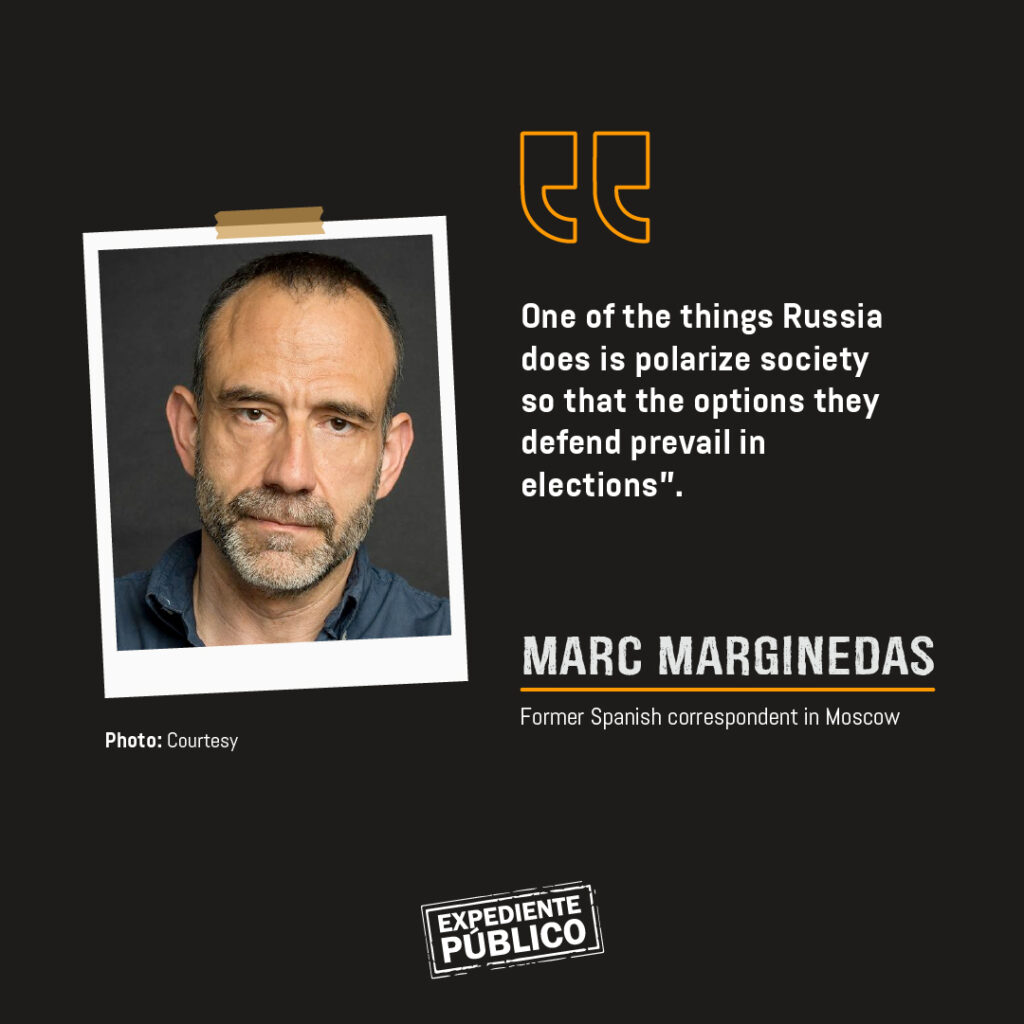
Luis Salas Rodríguez is a former Minister of Economy in Venezuela and a consultant for the Latin American Strategic Center for Geopolitics (CELAG). He is one of the minds behind the so-called «economic war» ( ), which has been used by the Venezuelan regime to combat product shortages.
Salas has stated that inflation in Venezuela does not exist and that, if it does, it is not the government’s fault but that of right-wing sectors.
Francisco Ameliach is a retired military officer and key Chavista politician. He was Minister of the Presidency, President of Parliament, Governor of Carabobo, and representative of the National Assembly to the Council of State.
Jorge Rodríguez Gómez is an influential Chavista politician, former Vice President of Venezuela, former Mayor of Caracas, former Minister of Communication, and current President of the National Assembly since 2021.
The US, Canada, and the European Union have sanctioned Rodríguez, accusing him of involvement in corruption, political repression, and institutional abuse. He is considered by the United States to be the «mastermind» of the Maduro regime and part of its ruling elite.
Finally, Rander Peña is deputy minister for Latin America in the Venezuelan Foreign Ministry and vice president of the United Socialist Party of Venezuela (PSUV).
Peña was one of President Xiomara Castro’s distinguished guests at the Sao Paulo Forum, held on June 27, 2024, in Tegucigalpa.
Also: Trump faces the challenge of Russian, Chinese, and Iranian influence in Central America
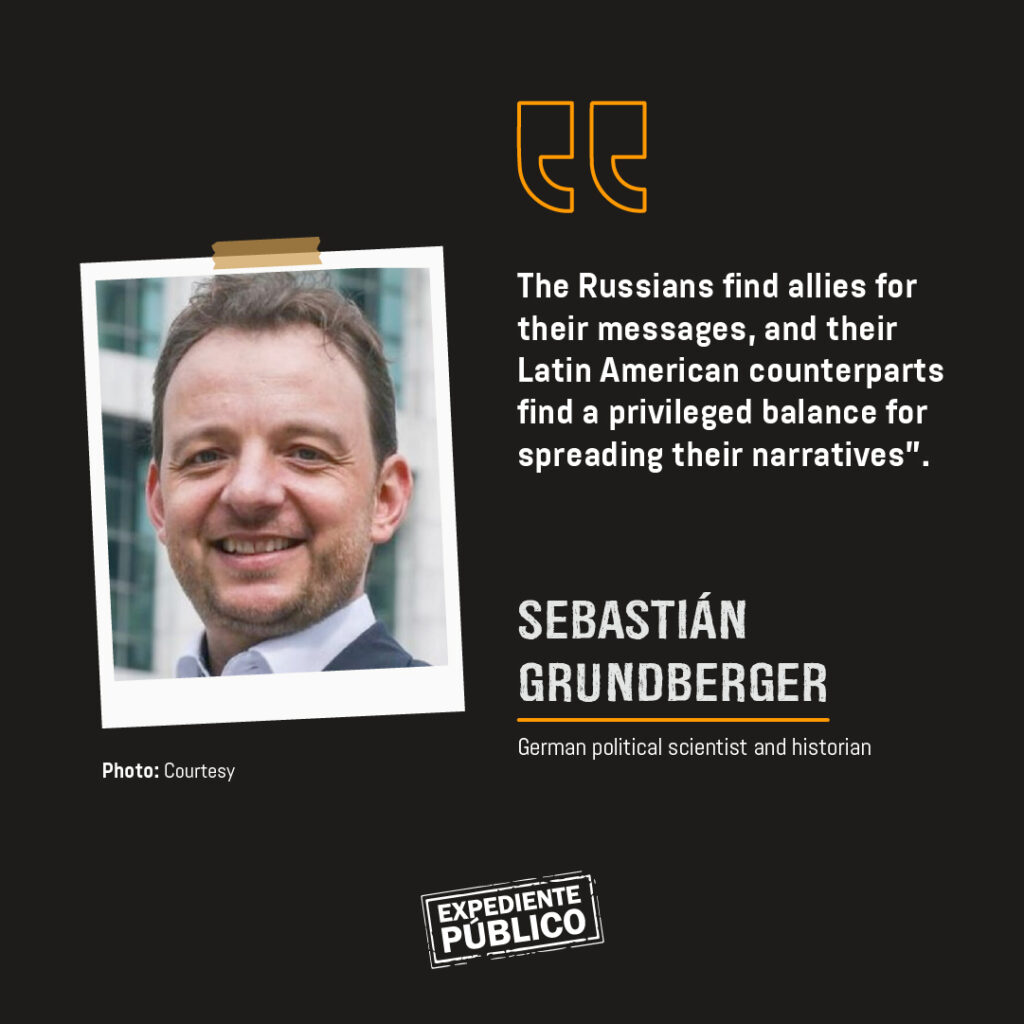
The offensive of technical Chavismo
There is another Chavista operating in Honduras, Jorge Ladera, another leader of the United Socialist Party of Venezuela (PSUV) . In Honduras, he owns the company ISKRA Global S. de R.L. , which has consulting and media monitoring contracts with the national government.
According to invoices from the Secretariat of Strategic Planning, ISKRA Global received 5.6 million lempiras (US$215,000) from the Honduran government in 2024 for advertising services.
In 2024, Ladera advised President Castro on the country’s controversial withdrawal from the International Centre for Settlement of Investment Disputes (ICSID), as he reported himself to a national media outlet.
Rafael Correa, Kremlin spokesman
Rafael Correa, former president of Ecuador, was sentenced to eight years in prison in his country for bribery in the 2012–2016 Bribery case. In 2024, the US officially banned him from its territory under the State Department’s Section 7031, accusing him of «significant acts of corruption.»
The sanction also applied to his vice president, Jorge Glas, who has three convictions for corruption and is imprisoned in Ecuador.
Despite this, Correa advises the Honduran government on economic issues and has been invited to São Paulo Forum events, organized by Libre. He also received an award from President Xiomara Castro.
Correa has been a presenter on RT since 2020. He hosts the program «Conversando con Correa» (Talking with Correa). In 2023, he interviewed Manuel Zelaya Rosales and discussed a possible coup against the government of Xiomara Castro.
The program’s focus is often critical of neoliberal policies and U.S. foreign intervention in Latin America. For example, on September 9, 2025, Correa interviewed Nicolás Maduro to criticize the U.S. military advance in the Caribbean.


